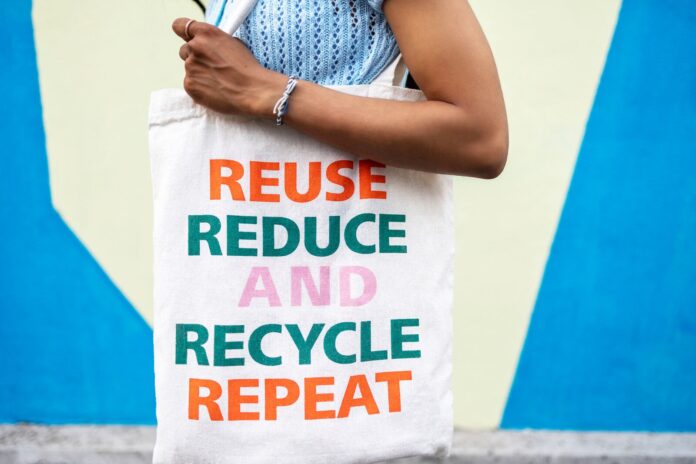CERTIFICATION SERVICES NATIONAL
By IFAB MEDIA - NEWS BUREAU - October 20, 2023 | 82 4 minutes read
SGS, a leading testing and certification company, is supporting the global shift to a circular economy by advocating textile durability. In the context of fashion’s unsustainable linear economy, the average garment is worn just ten times before disposal, contributing to massive textile waste. SGS promotes the transition to circularity by emphasizing the financial benefits of enhanced clothing durability, including improved brand image, customer satisfaction, and environmental impact reduction. Through tailored durability assessment services, SGS enables manufacturers to develop long-lasting textiles, helping the industry embrace a sustainable, circular future.
SGS, the world’s premier testing, inspection, and certification firm, is at the forefront of promoting textile durability in the global shift toward a circular economy. With the fashion industry’s current linear model of “manufacture, distribute, wear, and discard” no longer tenable, SGS supports textile manufacturers and brands in reimagining their approach to clothing longevity.
The Ellen MacArthur Foundation emphasizes the urgency of transitioning to a circular economy, citing that every second, an equivalent of a truckload of clothing is wasted, either incinerated or deposited in landfills. While the fashion industry provides livelihoods worldwide, its unsustainable consumption patterns demand immediate change.
Today, the average garment is worn only ten times before disposal, representing a 36% decrease over 15 years. The rapid growth in garment purchases, surpassing 100 billion items in 2014, exacerbates the issue. Consequently, 92 million tons of textile waste is generated annually.
The Circular Economy Solution
In response, the fashion industry’s linear economy model is gradually giving way to a circular economy, emphasizing product recycling and reuse. This shift offers both environmental and financial advantages, with estimates suggesting that transitioning to a circular economy will contribute $4.5 trillion to the global economy by 2030.
France is leading this transition, enacting a comprehensive Anti-Waste Law in 2020. The law promotes resource management and transparency, significantly affecting the fashion industry. Though currently unrelated to fashion, measures like a mandatory repairability index for electronics and a ban on single-use plastics signal broader changes in product design, sale, and disposal. The fashion industry can expect similar regulatory shifts in the future.
Recycling Clothing and Promoting Durability
Currently, only 1% of textiles are recycled, with the vast majority incinerated or sent to landfills. Challenges include recycling mixed fibers, concerns about recycled fiber quality, limited recycling infrastructure, and consumer reluctance to wear second-hand clothing.
Recognizing these challenges, many manufacturers now prioritize producing durable clothing. This strategy has several benefits, such as enhanced customer satisfaction, reduced environmental impact, opportunities for rental and recycling initiatives, improved brand image, and market leadership in the circular fashion movement.
Furthermore, in some regions, financial incentives are available for companies focusing on durability. For example, in France, eco-organizations provide fee discounts for durable products that meet specific physical performance criteria.
SGS’s Role in Promoting Durability
SGS offers a comprehensive range of durability assessment services designed to help manufacturers develop longer-lasting garments and textiles. These services encompass testing protocols covering base materials, performance, and longevity, which can be tailored to the specific requirements of manufacturers and brands. By promoting durability, manufacturers ensure compliance with evolving market demands while simultaneously enhancing customer satisfaction and accessing positive initiatives like take-back and recycling programs.
SGS’s expertise and commitment to testing and quality assurance make it the trusted partner for businesses navigating the circular economy.











